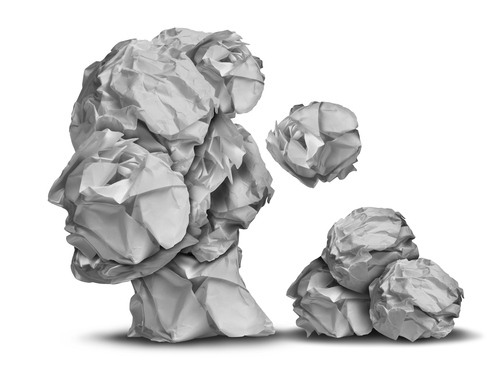Broken records

Studying brain injuries and disorders has proved vital for understanding how memories are created and stored. Clodagh Commane and Michael Kopelman highlight the cases that shed light on the dark corners of our 'memory palace'.
The Biologist 62(5) p16-19
Spanish filmmaker Luis Buñuel begins his autobiography with an account of his mother's dementia and an awareness of his own increasing forgetfulness. "You have to begin to lose your memory, if only in bits and pieces," he writes, "to realise that memory is what makes our lives. Life without memory is no life at all, just as an intelligence without the possibility of expression is not really an intelligence. Our memory is our coherence, our reason, our feeling, even our action. Without it, we are nothing."[1]
Memory is central to our identity. Memory disorders threaten our fundamental sense of ourselves and are at once horrifying and intriguing. Memory problems usually occur together with disturbances of other mental functions. Dementia, which we do not describe here, involves impairment of intellect and personality, as well as memory. Less commonly, a disturbance of memory occurs while other aspects of mental functioning remain relatively intact.
The following classic cases illustrate various aspects of memory disorders that provide a small glimpse into the workings and malfunctions of our 'vast palaces' of memory[2].
Want to continue reading this article?
Click to login.


